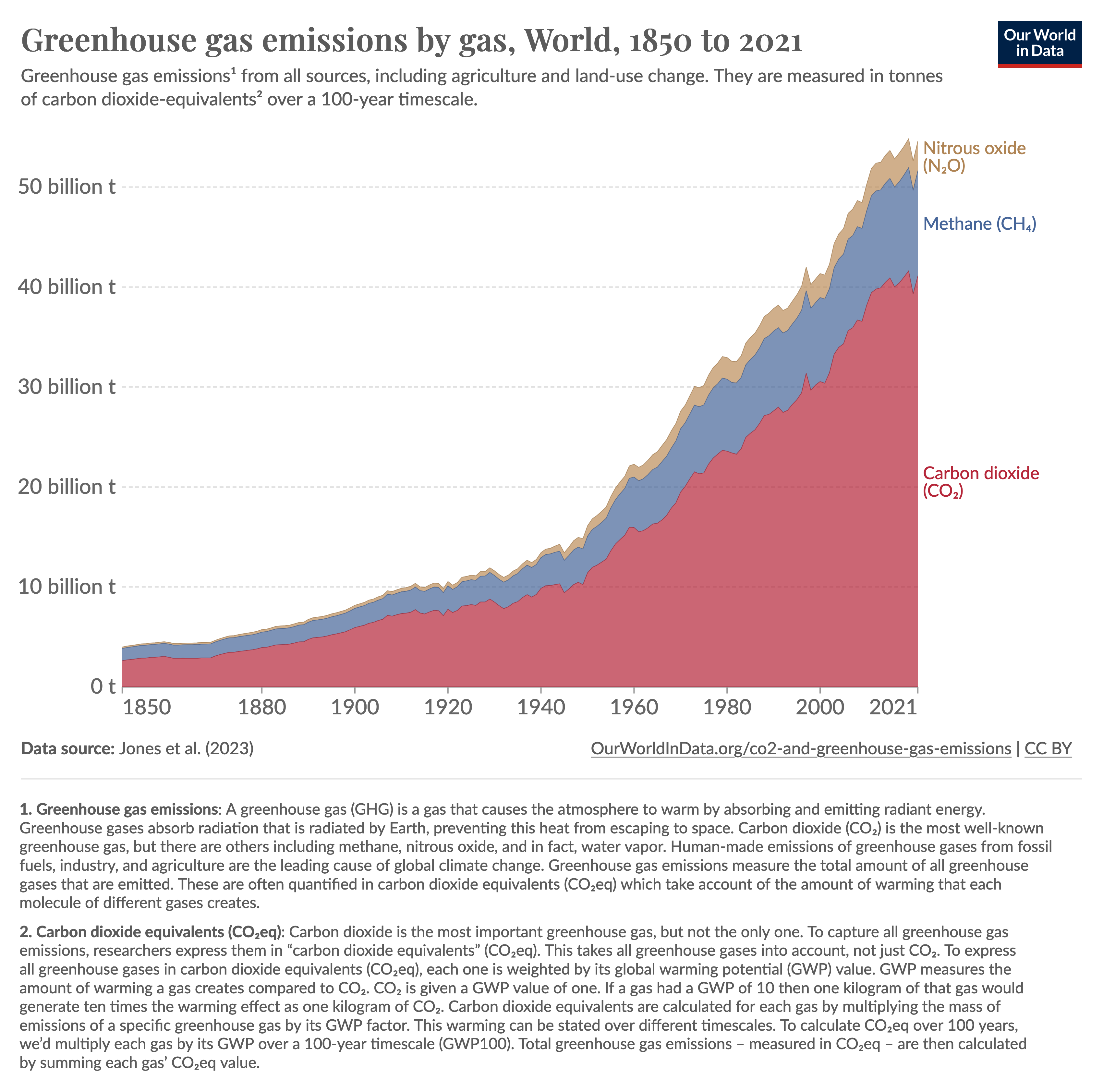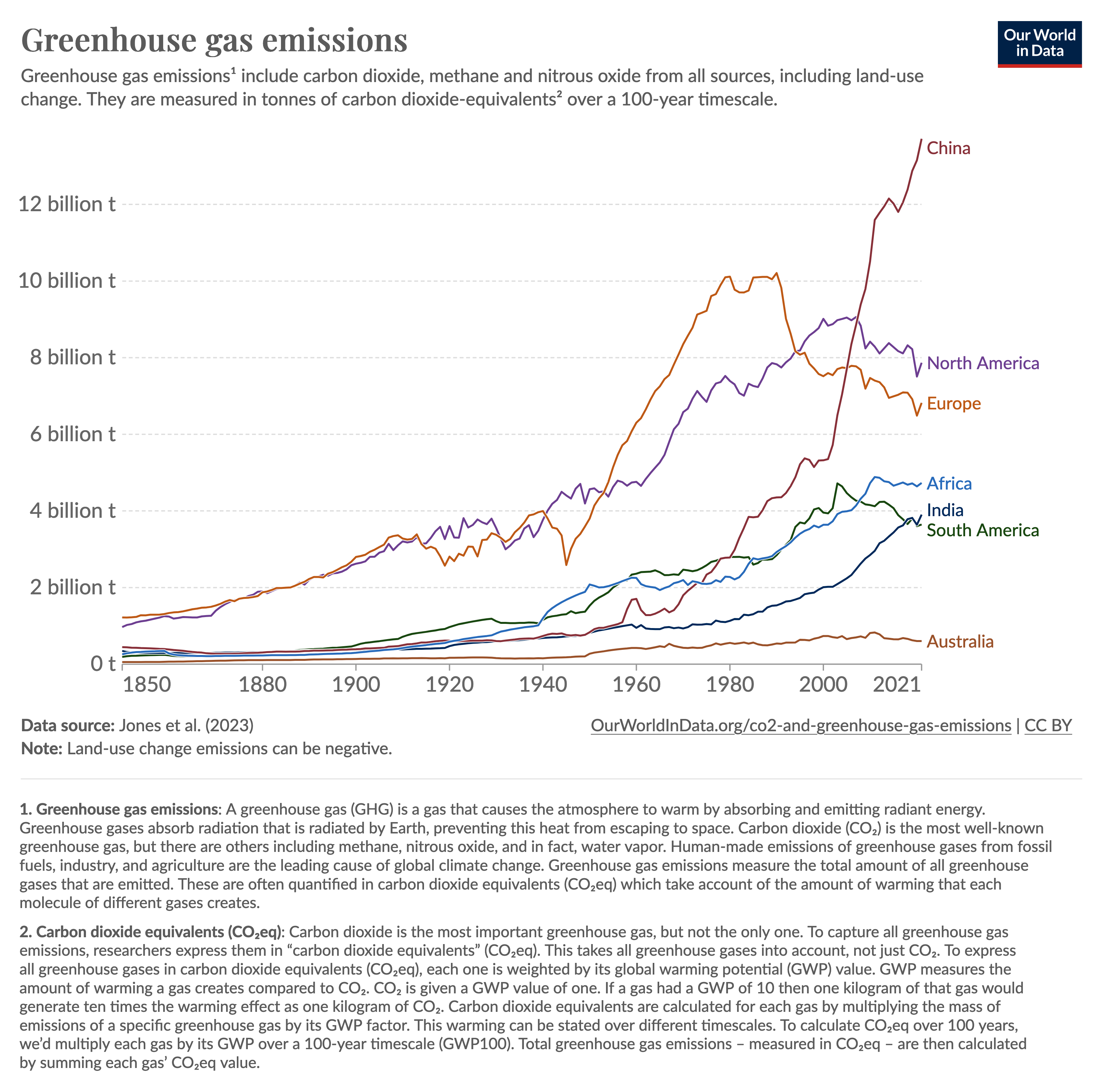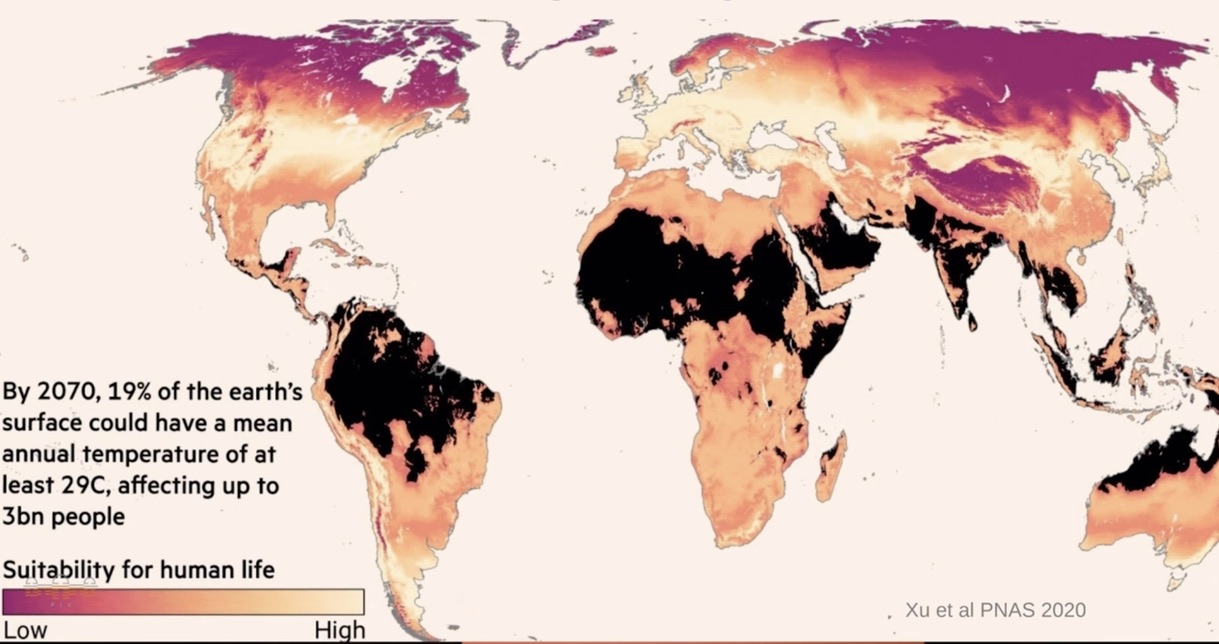We want to acknowledge the effort done by the United Nations (UN) and we also want to acknowledge the outcomes of the “COP28 – UN Climate Change Conference” (https://unfccc.int/cop28/outcomes), especially the “first global stocktake” in reference to the so called “Paris Agreement” (https://unfccc.int/process-and-meetings/the-paris-agreement), entered into force on 4 November 2016 and being ratified from 195 parties by 2021.
COP28 has quite some history since the “United Nations Framework Convention on Climate Change (UNFCCC)” (https://unfccc.int) entered into force on 21 March 1994 (with 198 parties ratified by 2015), almost 30 years of history, almost 30 years of multilateralism.
Based on the scientific understanding, it is necessary to significantly reduce the so called “Greenhouse Gas” (GHG) emissions to prevent or mitigate global warming, climate change, and the loss of biodiversity. To do this, it is basically necessary to significantly reduce
(1) the burning of fossil fuels (coal, oil, gas), and
(2) the production of meat (see graph and for more go to https://ourworldindata.org/greenhouse-gas-emissions).

Based on the development of GHG emissions this has to be done in Asia, especially in China and India, since the GHG emissions are still significantly increasing in this region and make about 50% of overall GHG emissions world wide these days. Other regions like USA and Europe were able to turn around and reduce the GHG emissions in the last years and have to continue with there efforts. Africa and Australia remains very small in comparison and should be able to turn-around (see graph and for more go to https://ourworldindata.org/co2-and-greenhouse-gas-emissions).

Immediate and significant reduction of GHG emissions (ca. 43% till 2030 based on IPCC — Intergovernmental Panel on Climate Change) shows the chance to prevent reaching so called “tipping points” or “self-reinforcing cycles” with climate change.
To be honest, no scientific scenario can tell us what actually happens, when we reach one or more tipping points and activate self-reinforcing cycles increasing GHG emission. System dynamics teaches us, such a development within a complex system is not a linear, it is most likely an exponential development. Chances are very high that this will lead to a significant change with the “suitability for human life” of huge areas, heavily effecting up to 3 billion people and more or less effecting all current ca. 8 billion people on planet Earth within the near future (see e.g. “Future of the human climate niche”, Xu et al. 2019, PNAS, https://doi.org/10.1073/pnas.1910114117).
COP28 focused on the “phase out” of fossil fuels (did not mention meat) and was organised around ca. 80thousand delegates, participants, and so called “global leaders”. That might sound impressive but in our view it is not what we need to actually mitigate GHG emissions, stop the temperature rise, and also stay aligned with the “Human Rights”.
30 years of multilateralism within the “United Nations Framework Convention on Climate Change” (UNFCCC) is showing progress but not the needed global governance and needed speed of actions to actually prevent the most likely most severe humanitarian catastrophe in human history.
Annually GHG emissions are still rising and increased around 42% (from ca. 38 billion t p.a. in 1994 up to ca. 54 billion t p.a. in 2021) since the beginning of UNFCCC and COPs in 1994 (see graph on GHG emissions).
Global warming, climate change, and the loss of biodiversity is a global matter, affecting each single person on this planet. It tends to become a humanitarian catastrophe and the largest bail-out program (collectivisation of resulting costs) ever in human history. Tax payers might pay for all the harm the fossil fuel (coal, oil, gas) and farming industry (meat) is producing. Moreover, money and technology might not be able to repair the damage, billion of people might die due to direct or indirect effects from global warming (heat, war for water, migration, etc.).
The root cause for this worrying development is in our view a (grass-roots) democratic vacuum on supranational level. Multilateralism actually is not strong enough to cope with global unleashed markets, the so called “economic globalisation” and well organised international corporations. COP28 showed this in our view very clear. We need strong global governance, we need a “political globalisation” with a global constitution, global (direct) democracy, and strong global, independent, and (grass-roots) politically legitimised institutions, we call this a “Global Democratic Republic”.
We can make this happen and start with “2024 UN Climate Change Conference” (COP29). It is not important, whether COP29 takes place in Baku, weather it takes place with 80 or 100thousand delegates. We want everyone, ca. 8 billion people to “participate” within COP29.
We have got the technology with more than 5.4 billion people being connected to the World Wide Web (itu.int). We have the technology with blockchain, etc. to organise a secure global voting on climate actions. Let us take this fantastic technological possibilities and just some one-tenth of a percentage from the money of the “Green Climate Fund (GCF)” (3.5 billion Dollar) and/or the “Loss & Damage Fund” (792 million Dollar) and/or the “Adaption Fund” (134 million Dollar) and let us develop and organise a transparent, safe, anonymous, and as much as possible direct democratic global vote on actions to mitigate global warming with COP29 in 2024.
This might sound utopian, but this is in our view the best way and necessary beginning of a significant change within global governance towards a “Global Democratic Republic”, giving (back) the power to the people and govern the global society in a balanced, healthy, and thus sustainable way.
